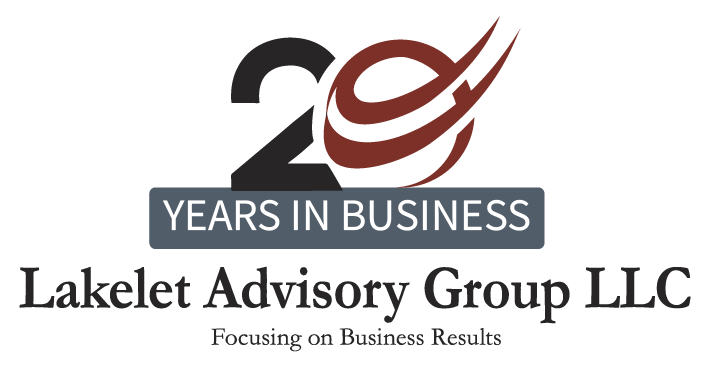Business valuations for estate and gift purposes
The IRS requires determining the fair market value of a business or closely held business interest for tax purposes. The valuation is typically required when a business owner passes away and the ownership interest is included in their estate for estate tax purposes.
The Internal Revenue Service (IRS) requires a business valuation to ensure that the estate is being taxed accurately and fairly. The valuation process involves analyzing a range of factors, including the company's financial statements, market trends, comparable sales, and the company's specific industry.
To conduct a business valuation for estate and gift purposes, the IRS recommends hiring a professional business appraiser who is experienced in valuing businesses for tax purposes. The appraiser will provide a detailed report that includes a description of the business, analysis of the company's financial statements, and an explanation of the valuation methods used.
It is important to ensure that the business valuation is completed accurately and in compliance with IRS guidelines. An inaccurate valuation can result in significant penalties and taxes owed by the estate. Therefore, it is recommended to consult with an experienced tax attorney or estate planning professional to ensure that the business valuation is completed correctly.
There are several challenges associated with estate gift business valuations for IRS purposes.
Lack of Market Data: Valuing a closely held business can be challenging because there may be limited market data available for similar businesses. As a result, the valuation expert may need to rely on alternative approaches, such as the income or asset-based methods.
Changes in Market Conditions: Market conditions can change rapidly, especially in volatile industries, which can impact the value of a business. It is important to consider the current market conditions when conducting a business valuation, especially if there are significant changes in the industry or the economy.
Disputes among Heirs: If there are multiple heirs involved in an estate, disagreements can arise about the value of the business. These disputes can lead to legal challenges, which can delay the estate settlement process.
Tax Laws and Regulations: Tax laws and regulations related to estate gift business valuations can be complex and subject to change. It is essential to stay current with the latest laws and regulations to ensure compliance and accuracy in the valuation process.
Timing: The IRS typically requires a business valuation to be completed within six months of the date of death. This can be a challenge if there are complex business structures or disputes among heirs that need to be resolved before the valuation can be completed.
Lack of Access to Information: Sometimes, the business owner's financial records and other key information may not be readily available, making it challenging to conduct a comprehensive valuation. In such cases, the valuation expert may need to rely on alternative sources of information or make assumptions based on available data.
